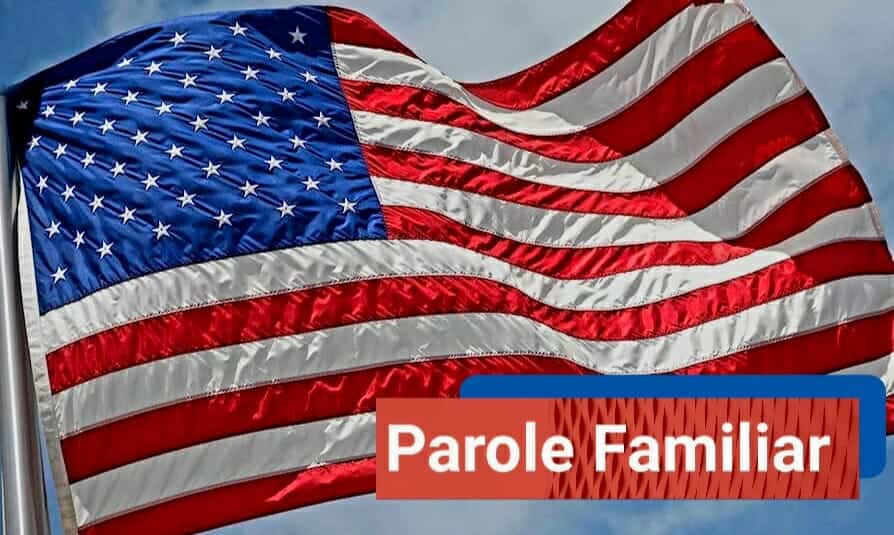United States Citizenship and Immigration Services (USCIS) has implemented changes to facilitate family reunification processes for citizens of Cuba, Colombia, El Salvador, Guatemala, Haiti, and Honduras.
These procedures allow U.S. citizens and permanent residents to begin the process of accessing humanitarian parole for their beneficiary family members while they await the availability of immigrant visas based on family ties.
What is the change?
Although the initiative is based on the framework established in 2007, there has been significant change. Instead of using the earlier Form I-130, now Form I-134A will be used to apply for family reunification. This adjustment is intended to allow applicants to enter the United States while waiting for their immigrant visas to be available. This reduces the need for long waits in Havana and promotes family unity through legal mechanisms.
The modernization of the scheme has the potential to benefit many families and facilitate the family reunification process. This is a significant step in modernizing immigration procedures and underscores America’s commitment to efficiently and legally reuniting families.
The family reunification process is initiated by the online filing of Form I-134A. This form is intended to act as a sponsor on behalf of the primary beneficiary of an already approved I-130 petition and on behalf of spouses and children who are secondary beneficiaries.
Invitations to use this tool will be sent by email to those who provided their email addresses when submitting a request. If not sent by email, the invitation will be sent to the registered postal address.
How do I know if I have received an invitation for family parole?
USCIS has implemented a new mechanism through which CFRP applicants who have already completed Form I-130 can find out whether they have been invited to bring family members with family parole. Aspirants can check whether they are already invited or not. Through this link. They must enter the receipt number from their Form I-130.
Who can use humanitarian parole to enter the US?
Immediate family members eligible to apply for immigrant visas after approval of Form I-130 are spouses of U.S. citizens, unmarried children of U.S. citizens under 21 years of age, and parents of U.S. citizens if the citizen is 21 years of age or older.
Check if you received the invitation USCIS has enabled a link where you can enter the Form I-130 receipt number if you are eligible to file a Form I-134A in the context of family reunification proceedings.
It is to be noted that this scheme also includes those who have cases under the previous system. This means that those who were awaiting interviews at the US Embassy in Havana using the old Form I-130 and are in this situation will receive detailed instructions from USCIS on how to proceed with this new step.

“Music ninja. Analyst. Typical coffee lover. Travel evangelist. Proud explorer.”

:quality(85)/cloudfront-us-east-1.images.arcpublishing.com/infobae/IIMFFJOJWINHTJASUO2RZSOSAA.jpg)





More Stories
The reasons for the presence of human remains on the Titanic have not been discovered
The girl, Maria Gomez Perez, was found by authorities in Ohio; A 34-year-old man has been arrested
USA I “Miraculous” rescue of man who spent 12 days without food in Kentucky mountains